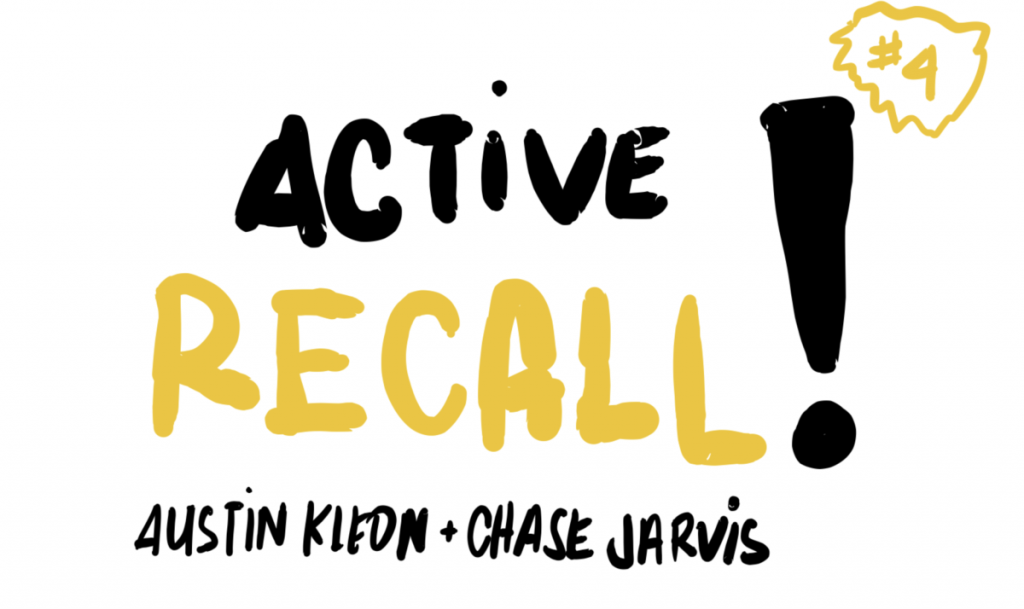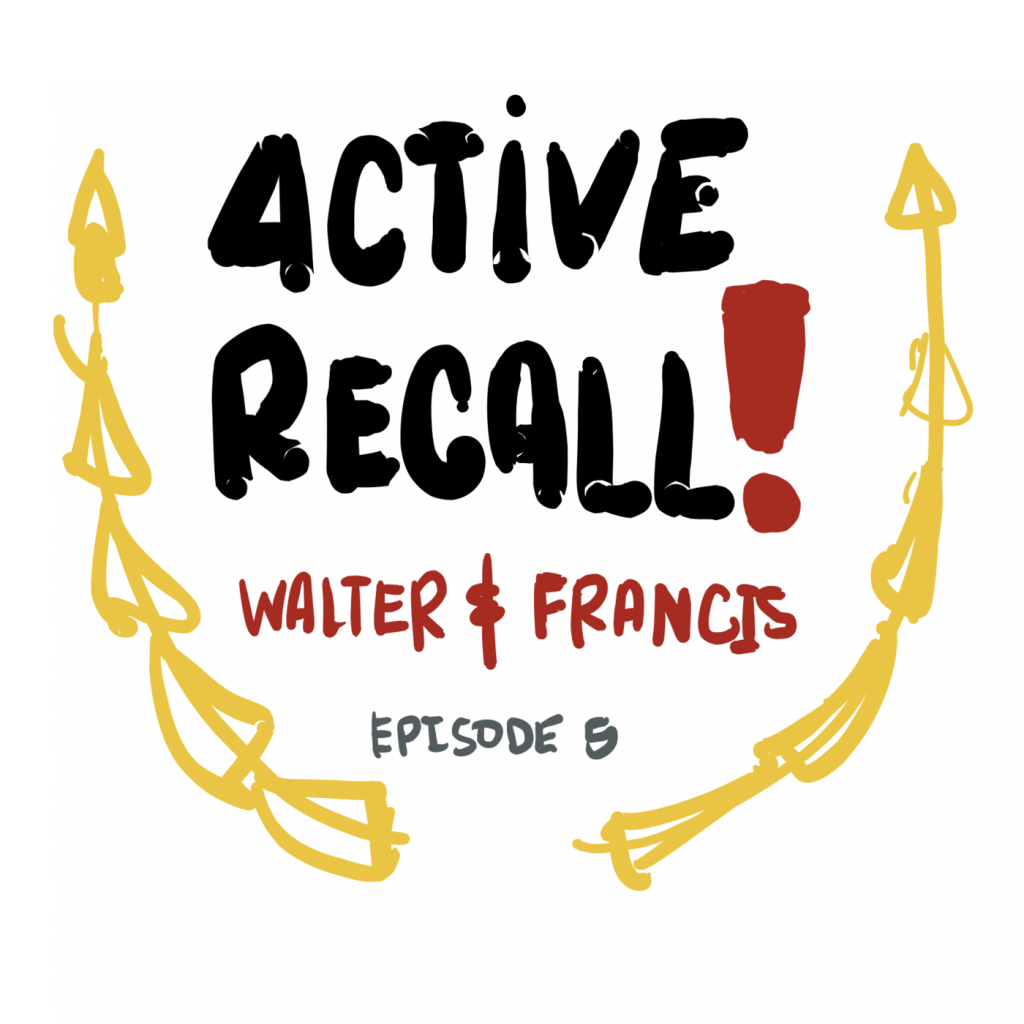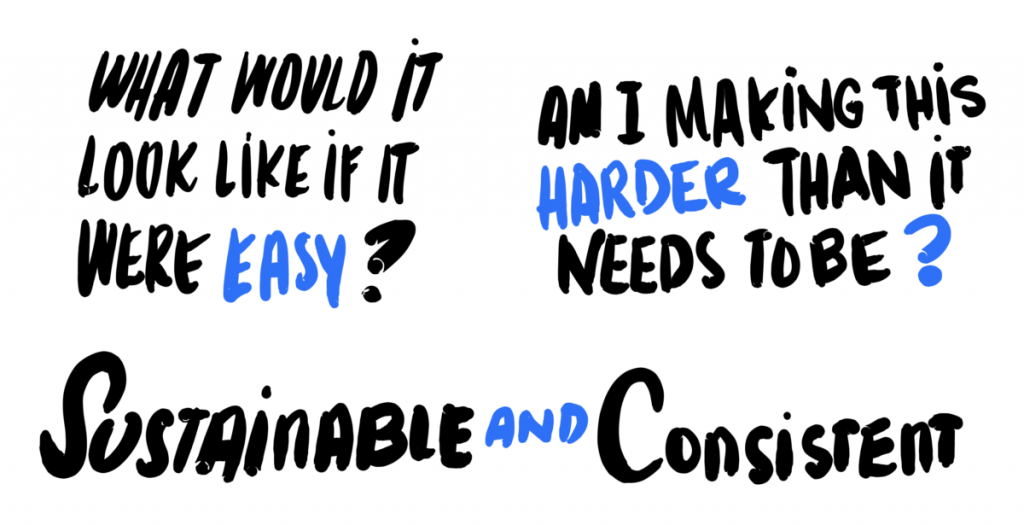I started sharing time lapse videos while making slides for the sketchnote videos. I’m curious how this video will look if I just post it straight into the WordPress iOS app.
https://www.instagram.com/p/BVdUH5ohCzz/
My current flow looks something like this. Wait, I’m on my iPad. Let me just draw it:
We’re running out of books that we read and we can’t really read a book a week so we’re considering flipping things around so that if the podcast episodes or recommendations for other podcasts that we are learning things from. The other half of that is that I would be making the schedule now it’s about things I’m learning from books.












